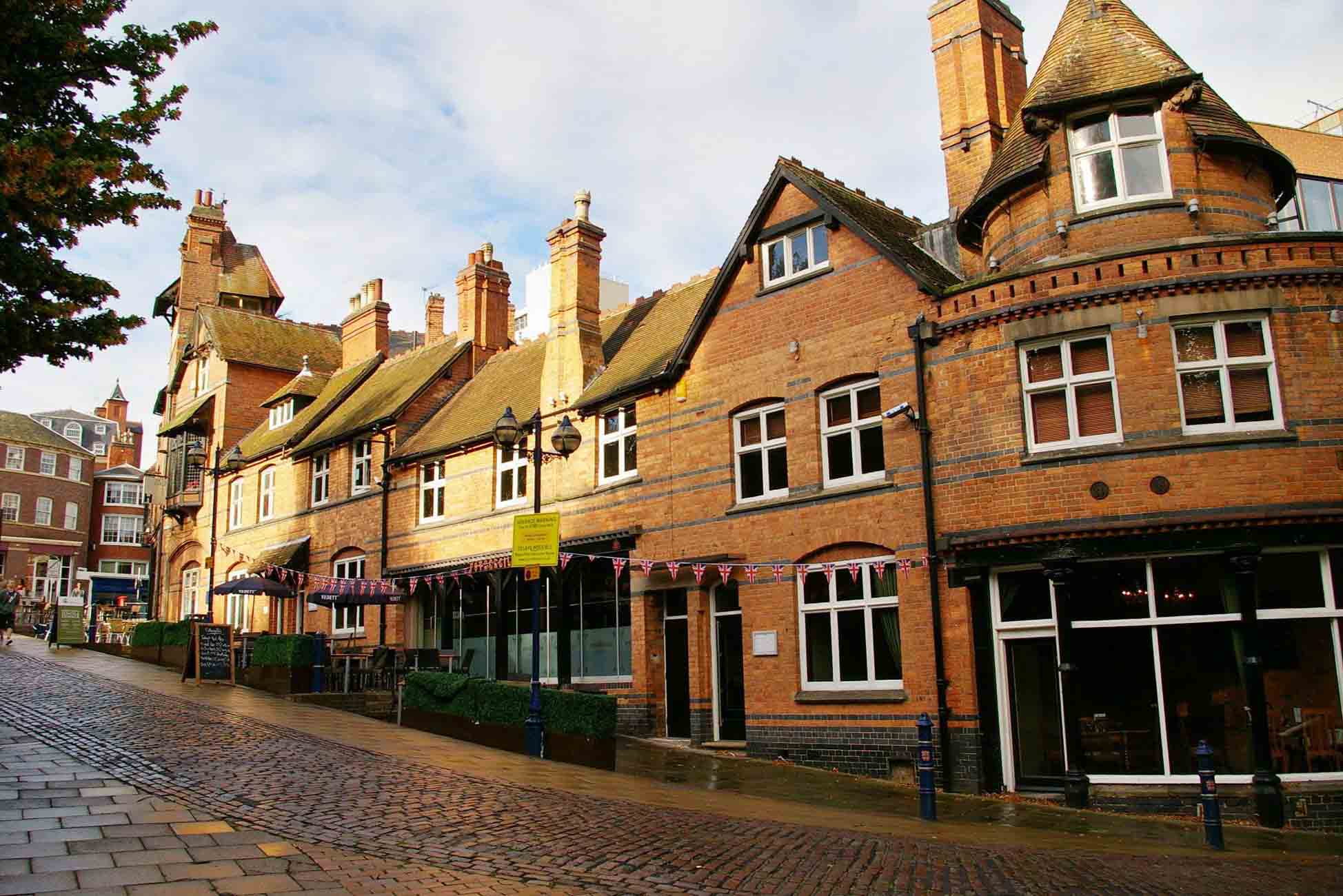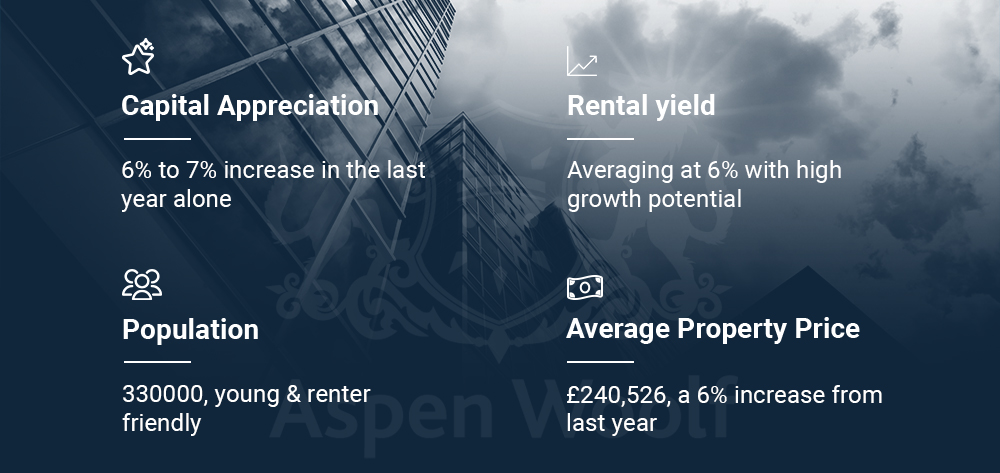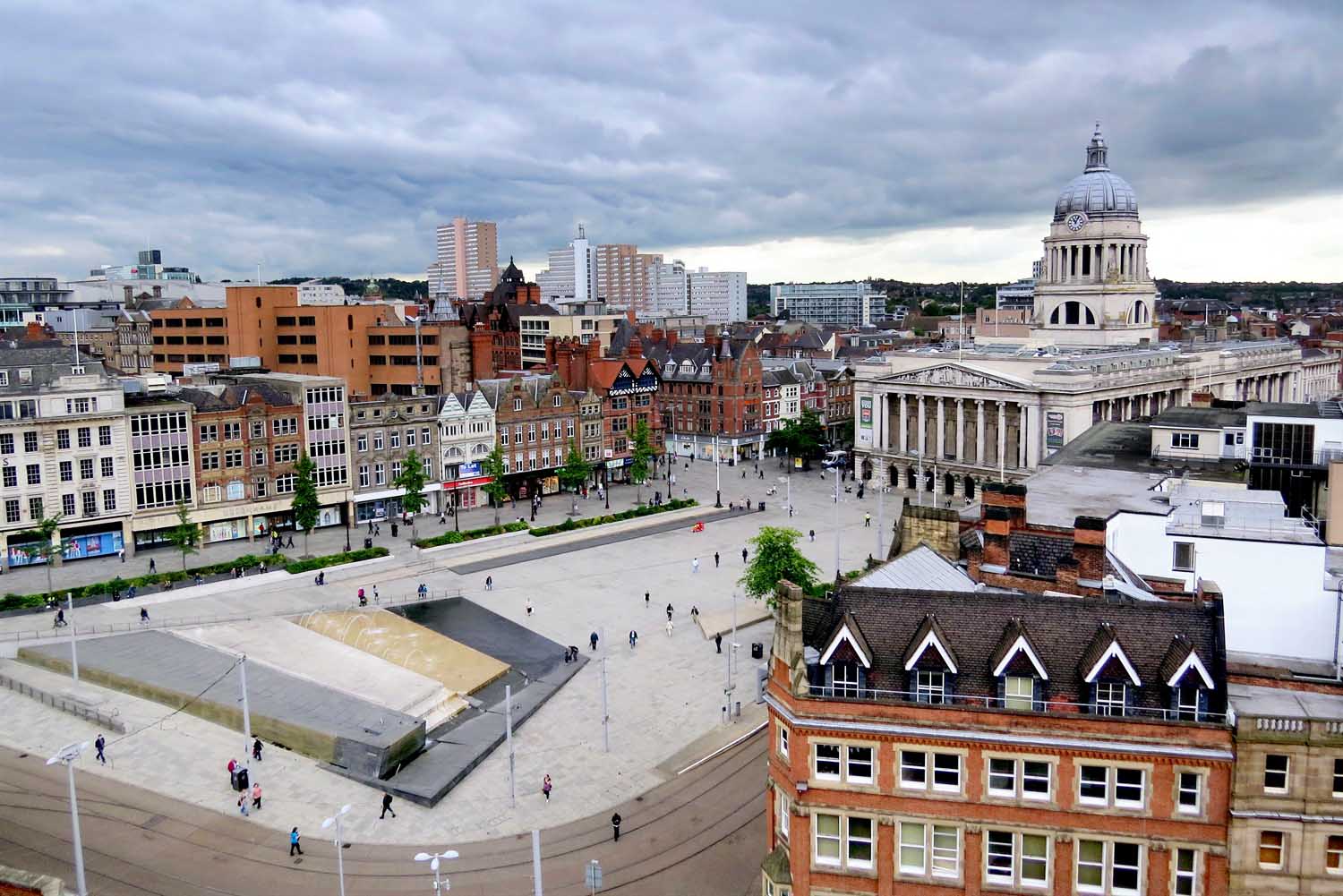Why invest in property in Nottingham?
Nottingham is a great place for landlords and buy-to-let investors looking to expand their portfolios because of the city’s strong rental market, active population of potential tenants, and consistent growth in property values.
Here are more reasons why looking for a new-build property investment in Nottingham is definitely worth your while:
Economy Growth: Significant expansion in the transport, professional, and health services sectors has supported Nottingham’s economic activities. Ernst & Young projects that the Nottingham city region’s GVA will expand by around 2.7% between 2022 and 2025. This is just more than the 2.5% average for the UK, where employment growth is expected to be 1.2%.
Incoming Investment: One of the eight regions shortlisted to receive new investment zones is the East Midlands. Nottingham would undoubtedly be included in this as well. Even in hard times, new investment is contributing to the city’s transformation. More than £10 million has been obtained by Nottingham City Council from the UK Shared Prosperity Fund of the government. The funding will help local companies, communities, and citizens, as well as increase job creation, skill development, and productivity.
Population and Workforce: The functional urban area, the largest in the East Midlands, has a population of 919,484. The population of the Nottingham metropolitan area is estimated to be 1,610,000. Young professionals in Nottingham make up a sizable portion of the market, making them ideal tenants. The fact that Nottingham is home to a sizable youthful population is additional excellent news for real estate investors.
Is a new-build a good choice?
The advantages of selecting a new build property in Nottingham include the availability latest features, energy efficiency, and the possibility of customization. With their warranties and generally low maintenance requirements, these homes provide peace of mind. Additionally, developers may offer cash incentives to increase the appeal of new construction. New construction, however, is frequently more expensive and might be found in places without established neighbourhoods or facilities. You can decide if a new build meets your needs and tastes by weighing these benefits and drawbacks.
How to choose the right new-build property in Nottingham?
When you consider a new-build investment, here are some key criteria to consider when buying a property:
- Price: What can you afford to spend on a property?
- Location: The neighborhood
- Property type
- Design and upgrades
- Condition and build material quality
- Areas with good schools, parks, shops, restaurants, and public transport links
- Further developments
Choose a developer with a good track record for quality and reliability. Look at reviews, ratings, and past projects. Ensure the property comes with a warranty, such as the NHBC (National House Building Council) warranty, which typically covers structural defects for ten years.

How to finance a new build in the UK?
Property prices in Nottinghamshire vary depending on location. Some rural villages and market towns command a higher price than average. The larger towns and cities closer to the East Midlands conurbation are slightly cheaper.
Here are some key options and steps to consider:
- New-build mortgages:
A lot of lenders provide mortgage options specifically designed for newly constructed homes. Certain conditions, including a larger deposit requirement, can apply to certain mortgages.
Deposit requirements for newly constructed homes, particularly apartments, are frequently greater. New construction may require a deposit of up to 15-20%, while a standard mortgage could just require a 10% down payment.
Due to possible delays in construction, mortgage offers for newly constructed homes may only be valid for a shorter length of time (e.g., six months). It is best to check with the lender to see if there are any possible extensions.
- Help to buy an equity loan:
For newly constructed homes, there is the Help to Buy Equity Loan program offered by the UK government. The buyer must provide a minimum 5% deposit, and the government will lend up to 20% (or 40% in London) of the property’s worth under this program.
For the first five years of the loan, there is no interest; after that, there is. When the house is sold or the mortgage is settled, the loan must be returned.
- Shared ownership:
With shared ownership, you can purchase a portion of a newly constructed property (usually between 25% and 75%) and rent the remaining portion. You can buy more property shares over time (a technique known as staircasing).
- Custom-build mortgages:
Custom-build mortgages disburse cash gradually as the building moves forward, which is advantageous if you’re wanting to finance a self-build project (where you plan to create a home to your specifications).
- Developer incentives:
Certain developers provide incentives like paying Stamp Duty, giving away free upgrades, or contributing to legal costs. These may lower up-front expenses.
Some developers provide programs whereby they assist in selling your current home, which makes obtaining financing for the new construction easier.



